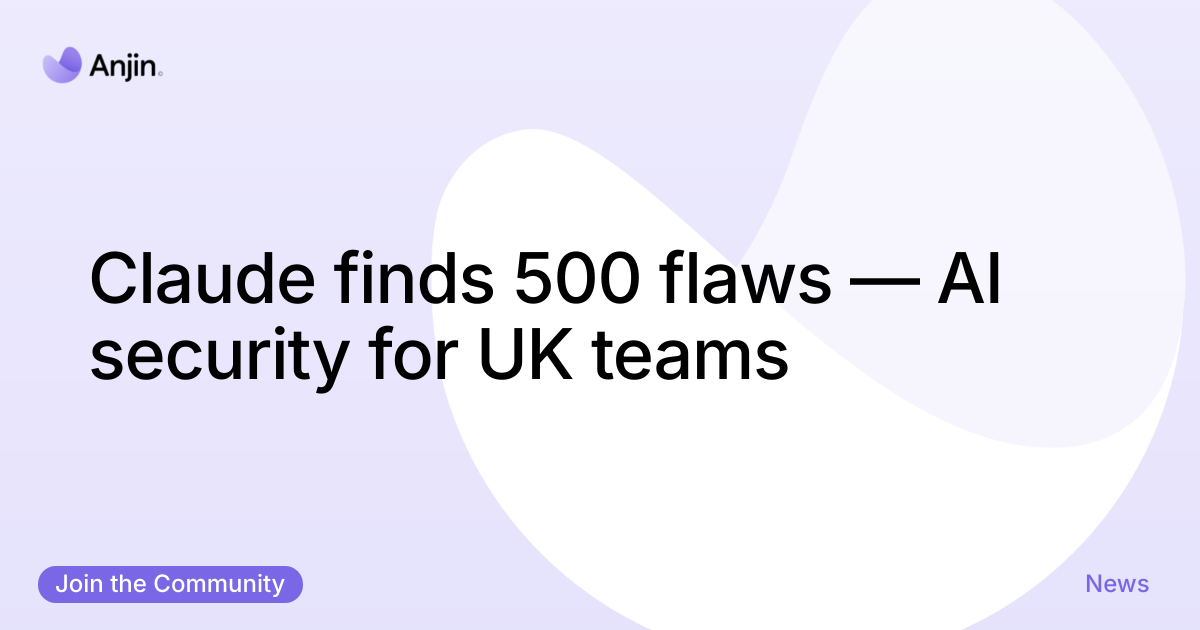The Rebrand Era: From Workflow Tools to "Agents"
In recent months, a surge of SaaS startups have updated their positioning to include terms like “AI agent”, “agentic intelligence” and “autonomous workflow assistant.” While some are indeed building cutting-edge systems capable of adaptive, goal-oriented behaviour, others are applying new terminology to relatively static systems.
From automated form fillers to basic chatbot wrappers, the definition of an “agent” is being stretched to breaking point.
The reason is clear: pricing power. Products perceived as “AI-native” or “agentic” command:
- Higher subscription fees
- Greater investor interest
- Increased customer curiosity
But this also introduces risk—brand erosion when performance fails to meet expectation.
What Makes an AI Agent... Agentic?
True agentic AI systems typically exhibit several characteristics:
- Autonomy – The ability to initiate actions without constant human prompting
- Reasoning – The capability to evaluate multiple paths toward a goal
- Contextual Awareness – Sensitivity to user state, environment, and changing data
- Tool Use – Integration with external systems to execute decisions
- Iterative Feedback Loops – Ongoing adaptation through observation and learning
Many products using the “agent” label fall short of these. They operate as scripts with variables, not intelligent actors.
The difference matters—because performance expectations, pricing models and integration strategies vary drastically between tools and agents.
Why This Matters for Buyers
For enterprise buyers and procurement teams, the mislabelling of AI agents creates confusion:
- Budget is allocated toward tools that lack agentic capability
- Teams expect autonomy where only automation exists
- Integration complexity is underestimated
- ROI is overstated
This makes it harder to benchmark value, run comparative pilots, or plan long-term AI strategy. The market noise also makes it challenging for true innovators to stand out.
From a commercial strategy lens, it’s becoming clear: clarity is a differentiator.
The Role of VC Hype and Media Amplification
Investor enthusiasm has played a role in this distortion. Pitch decks are increasingly peppered with agent-related language—even when the product remains rules-based.
Similarly, media cycles tend to reward ambition over accuracy. Startups that declare they’re “building the future of autonomous enterprise” are more likely to attract attention, regardless of how far along they actually are.
This mirrors patterns seen during the blockchain boom and Web3 rise—periods where terminology raced ahead of technical reality.
Navigating the Hype: A Framework for Evaluating Claims
At Anjin Digital, we suggest three critical questions when evaluating agentic claims:
- Autonomy: Can this product make multi-step decisions based on changing context?
- Execution: Does it integrate directly with tools to complete actions without human handoff?
- Improvement: Does it learn and refine its behaviour over time without reprogramming?
If the answer to any of these is “no,” it may be a powerful automation tool—but not an agent.
This matters not just for product evaluation, but for SEO and GEO alignment. Generative engines increasingly favour transparent, well-documented capability over bloated claims.
SEO and GEO Implications in the Agentic Arms Race
From a discoverability perspective, the rise in “agent” branding is a double-edged sword:
- It increases keyword density in generative search responses
- But it also risks diluting the term, making meaningful ranking more difficult
This is where EEAT (Experience, Expertise, Authoritativeness, Trustworthiness) signals become essential. Brands that can demonstrate working prototypes, public demos, and technical transparency are more likely to be cited by LLMs and surfaced in conversational search. Check out our EEAT enhancer agent.
True agents need true documentation—and that includes how they work, where they fit, and what problems they actually solve.
Final Thought: Agents Are the Future—But the Word Needs Guardrails
The agentic era is real. But its credibility is fragile. If the industry continues to inflate the term without precision, it risks triggering a trust recession—where customers become sceptical of all claims, regardless of validity.
The solution? Stronger language standards, clearer taxonomies, and thought leadership that separates signal from noise.
At Anjin Digital, we believe the winners in this space will be those who deliver real outcomes, and speak plainly about how they do it. In a hype-saturated market, clarity is conversion.





